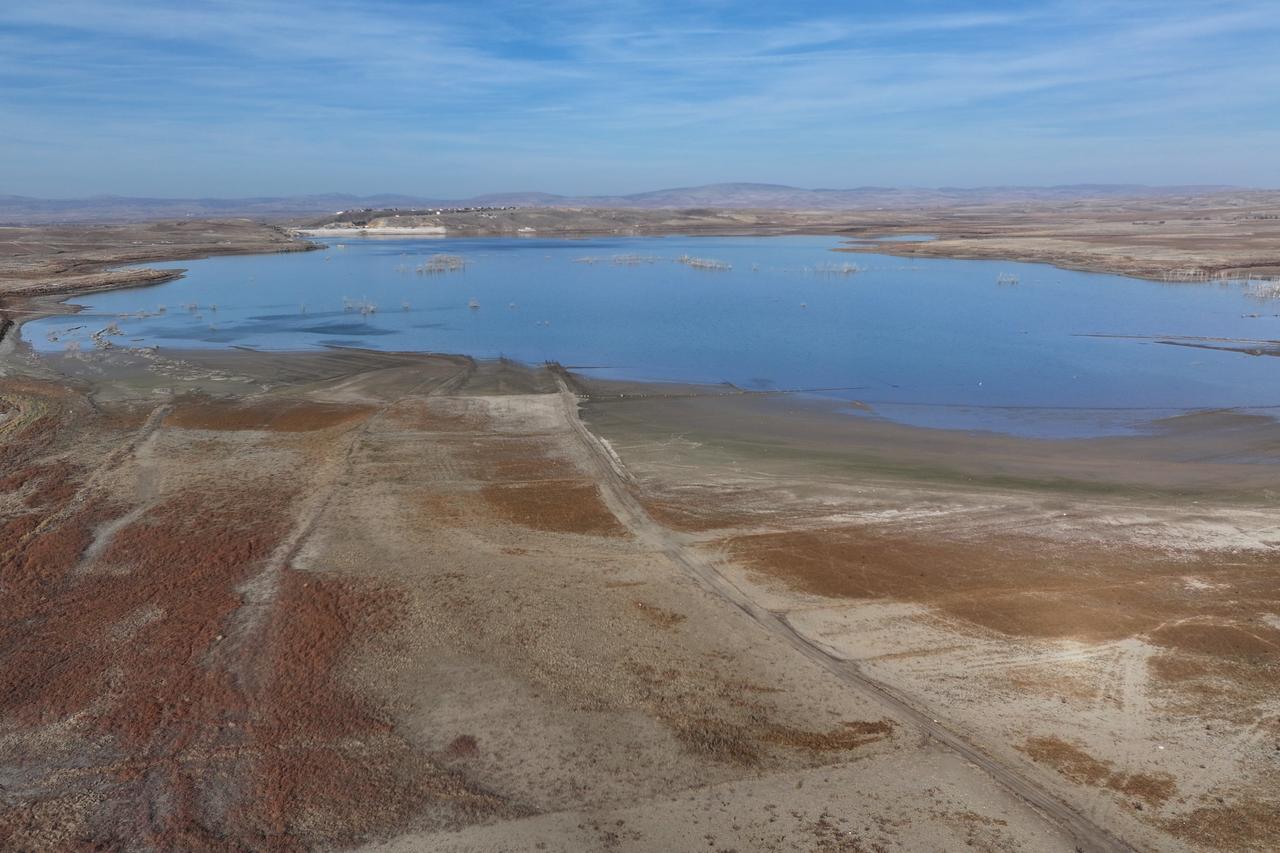
Türkiye is facing unusually high temperatures and significantly low rainfall this November, with many regions experiencing record-breaking warmth and below-average precipitation.
Meteorologist Adil Tek explained to news publication Hurriyet that the summer months from June to September were largely dry, and although October saw a slight return to normal rainfall, November temperatures rose above average while precipitation remained well below expectations.
“In Istanbul, temperatures reached 25 degrees Celsius (77 degrees Fahrenheit), while the Mediterranean and Eastern Black Sea regions recorded highs of up to 30 degrees Celsius,” Tek stated.
He noted that these conditions were caused by southerly airflows combining with high-pressure systems, which contributed to the sharp increase in temperatures.
Tek emphasized that climate change plays a role but is not the sole cause of these extreme weather events. “Climate change increases the frequency of extreme weather occurrences. Both the number of events and their intensity are rising,” he said.
He also noted that temperature records are increasingly being compared with data from the last 10–15 years rather than mid-20th-century records, with many recent highs surpassing older records.
Regarding rainfall, Tek highlighted that Istanbul has received only 36 kilograms per square meter of precipitation this November.
“The long-term November average is 105 kilograms per square meter, so only about 30% of the expected rainfall has occurred,” he said.
Tek provided a short-term forecast: partly cloudy skies in Istanbul on Tuesday and Wednesday with temperatures around 20 degrees Celsius, clear skies on Thursday with temperatures rising to 21–22 degrees Celsius and a brief cooling on Friday down to 17 degrees Celsius.
Rain is expected over the weekend in Istanbul, Ankara, and parts of the Aegean region, with heavy precipitation in some areas.

While weather systems over the Balkans are influencing regional conditions, Tek cautioned that this does not necessarily mean heavy snow will fall in Türkiye.
He expects December to remain relatively dry, with snowfall more likely from late January through February.